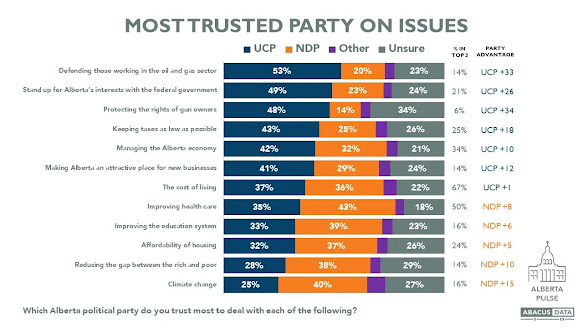In a previous post we challenged you to contemplate what worries you and what your public policy, government programs or democratic processes are on your mind . We provided a 4H Framework Tool to focus and guide you through that analytical process.
This decision making will come earlier for some and more challenging for others. What is keeping you up at night is usually more personal and family based. We don’t often see those life-challenges in political terms, but we can, and perhaps we should, depending of course on the nature of the problems.
Then there are the community-based concerns, What is happening in your networks of friends, work, and activities from leisure to working situations that is impacting the life of your and your family. These are often matters of local government, institutions, or community organizational dynamics. They could be matters of public safety, transportation, addiction, development, just to name a few.
Next we have the macro areas of concern that are at the provincial or federal government levels. These are usually the ones in the news media coverage and tend to dominate partisan political messaging.
WHAT ARE THE ISSUES?
According to a very recent Abacus Data survey, the top three policy issues on the minds of Albertans these days are:
#1 The Cost of Living (67%)
#2 Improving Health Care (50%)
#3 Managing the Alberta Economy (34%)
The next three top of mind issues are also interesting and cluster in the 21%-25% range of Albertans as most important. They are:
#4 Keeping Taxes as Low as Possible (25%)
#5 Affordability of Housing (24%)
#6 Standing up for Alberta with the Federal Government (21%)
ARE YOU AN ISSUES-BASED VOTER?
Of course these are provincial based political issues but they may be part of your personal and community-based level of concern as well. These issues are a good place to start to drill them down into a more granular and detailed consideration for you and your more specific concerns.
What is interesting in a political context for the coming election is which of the two legacy parties, the UCP and NDP, are “most trusted" to deal with the specific issues. This can give some insight on the power of these issues to influence the outcome of the May election.
For example, look at the issue of “Defending those working in the oil and gas sector.” This is all about the uncertainty of the global move to alternative sources of energy away from fossil fuels. The politics about the “Just Transition” for energy sector workers is also part of the issue.
The UCP, at 53% trust, has overwhelming trust to deal with this compared to the NDP at 20% trusting them to deal with the issues. Also, there are 23% of Albertans who are “Unsure” of whom to trust to manage this issue. That is a significant portion of the population.
However, this issue is significantly important to only 14% of those Albertans surveyed. So while the UCP is strong on this issue, it is not likely going to be determinative of the election outcome, if there is a good turnout of voters.
POLITICAL POWER IN ORGANIZED ISSUE-BASED VOTERS
Remember the world is run by those who show up. This is especially true at election time. What if this issue is a dominant vote driver for many who are feeling significantly impacted personally and in their communities, like oil and gas based rural Albertans. If they organize around this issue, drive support and their fellow citizens of like minds show up, while others who could care less and are carelessly irresponsible about showing up to vote, this issue could end up being influential on the election outcome.
On the other end of the issues spectrum is the Cost of Living, critically important to 67% of the survey respondents. This shows how close this election could be, because 37% trust the UCP and 26% trust the NDP, 22% are unsure while 5% pick a Third Party to trust.
In reality there is very little a provincial government can do about the cost of living. They can’t control inflation in housing, food or transportation, which are some of the major contributors to the rising cost of living. They can reduce taxes and user fees and subsidize vulnerable to partially shield them from the impacts.
But these are band-aids put on what are bullet wounds for many. And none of this pragmatic reality will stop the two major parties from trying to sway vulnerable voters with their ideological rhetoric, political propaganda and even spreading misinformation in the weeks now and up to the election.
WHO WILL YOU TRUST TO GOVERN ON YOUR ISSUES?
The chart of the Abacus Data analysis of the most important issues shows who is perceived as the “most trusted to deal” with each issue. This is an interesting issue prioritization, but also an indicator of the perceived strength of each party on each issue. The clear dichotomy between the economic issue of trustworthiness of the rightwing UCP vs the social trustworthiness of the leftwing NPD is not surprising. It shows where the fault line that divides our political culture.
There is utility in this information for the motivated majority of us who are independent, nonpartisan, critical thinking citizens. You likely fit into the Unsure category on some issues as you consider your personal what to vote for issues. You could just as well be leaning to the left or the right on other concerns. This information is not much help in deciding to vote based on party leadership or ideology, based on a for or against assessment call.
So remember, the world is run by those who show up and know what they want, and how to get it. That could be and should be you this election and afterwards.
